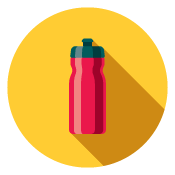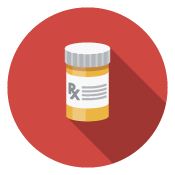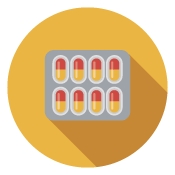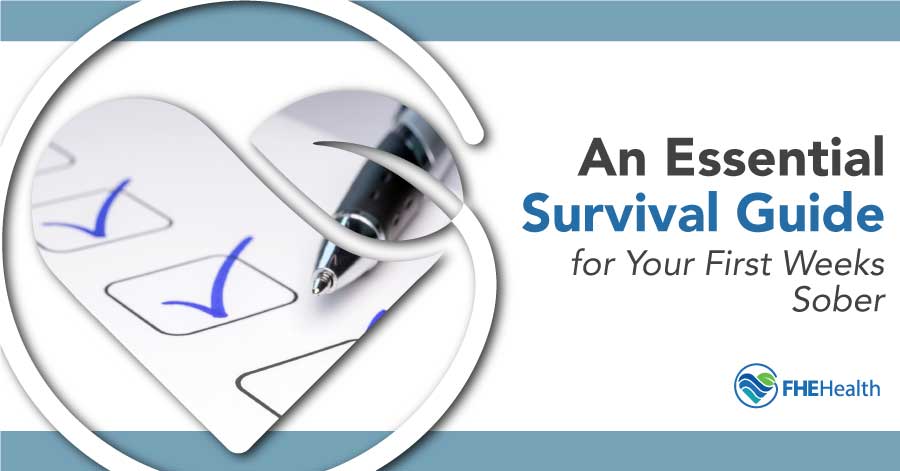
Staying sober is one of the most challenging steps you’ll take on the path to long-term success. The rate of relapse is high, as much as 40 percent according to the National Institutes on Drug Abuse. Yet, with the right tool kit and resources, you may find it’s possible for you to stay the course.
The Seriousness of Early Recovery
Take recovery, especially in those first few months, very seriously. Make it your goal every day to simply not use. In doing so, you gain a bit of extra support and encouragement each and every day.
Your Survival Kit
Addiction recovery is a journey with numerous stepping stones along the way. To be successful, all you need to do is keep focusing on the next step.
In nearly all situations, you’ll need assistance. Being prepared can help you. Here’s a guide to help you with the foundation and the tools you need to do well and stay the course.
The Gear and Training You Need
Your Support Team
Choose one or two people who are there for you when you can’t move forward. Your team should include your sponsor if you are in AA.
A Healthy Diet
Fuel your body with the nutrition it needs to help it heal from the physical damage of substance abuse. A healthy diet is one balanced with fruits and vegetables, plus protein for rebuilding muscle.
An Exercise Routine
Be sure that exercise is a component of your day. Even if it’s just a 20-minute walk alone outside, your body needs to be moving to heal and get strong.
Water
Hydration is important for your mental well-being as well as your physical health. Be sure you are drinking water, not energy drinks or other substances that aren’t contributing to your body’s health.
Medications
Many people with an addiction need to manage their mental health and physical needs along the path. Keep in mind that you should always take medications your doctor prescribes and nothing more.
Supplements
Improve your health through a supplement regimen. You may want to consider the options recommended by your doctor and your counseling team. Supplements should always be the highest quality.
A 12-Step Guide
Many people facing addiction do well when they have a copy of the 12-step plan from AA in hand. You can refer to it, come back to it when you are struggling and get some support along the way just for reassurance.
A Place to Call Home
A stable, trigger-free environment is critical to your recovery and to staying sober. If you haven’t found one yet, work with your health insurance and counseling team to create a plan for your needs.
Your Recovery Checklist
Work on these thoughts and patterns each day with the sole goal of moving forward on your journey. You don’t need to write them down, but each day, try to focus on these things.
Ask yourself where you are in your recovery and if your tasks today are helping to move you forward.
Or are you focused on addressing your own mistakes and concentrating on healing from those limitations?
In many cases, frustration, anger and fear build up. When you feel these, recognize them. Then, take a break from daily life to rejuvenate.
Think about the long-term implications of that stress. Is it really going to impact your future, or is it something you should let roll off your shoulders today?
How can you find a way to laugh today or to have a good conversation with a friend?
More Prep You Can Do
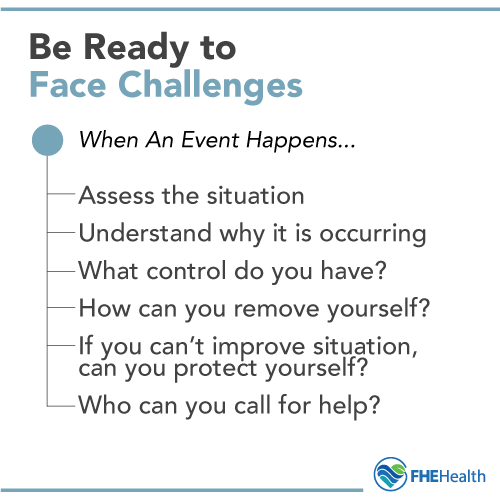
In these early days, you need to keep looking toward the goal. See the next stone in front of you, and focus on the path ahead.
Look further; do you see the life you hope to lead through recovery? Perhaps you can imagine what the future holds. That’s where to focus.
To prepare yourself, be ready to confront these challenging moments head on. Recognize that these instances will happen. Then, be ready to address them in this manner:
- What is happening right now that’s not right?
- Why is this occurring right now?
- What level of control do you have over the situation?
- Assess your situation. What can you do to remove yourself from it?
- If you can’t make it better, can you focus on something else until you make it through?
- Who can you call if you need immediate help?
Your Essentials
What are the essentials you need to move forward? Staying sober means having a packed backpack full of resources to help you on your journey. Who and what are your essentials?
- Who is your support group? List out their names. These are the people you can call no matter what. They include your counseling team, your AA sponsor and, perhaps, your friend or a family member.
- Where is your refuge? In some cases, your support group is that refuge. In others, it’s your AA meeting. It could be a friend’s home where you know you can escape. It could be a nice, long bath and a quiet night to yourself. Where can you go when you need to get away?
Are You Growing?
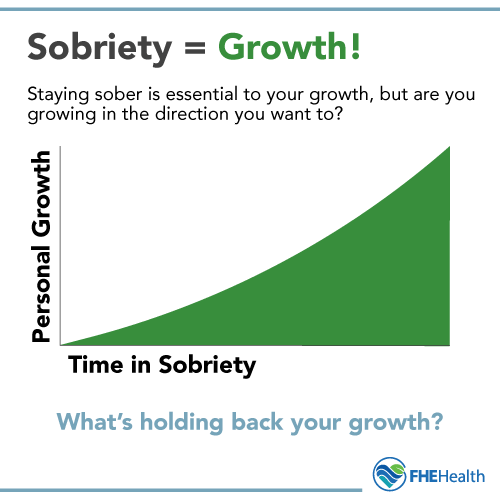
It’s not possible to move forward if you aren’t growing. Yet, every single day, you will grow as long as you stay sober.
- Assess where you are right now on your path.
- Where do you want to be next? Perhaps it’s a week sober. You may want to have a job. You could be working toward Step 6. Where are you going to be in the next week?
Are you stuck? If so, you may need some help.
- Reach out to your sponsor to find out where you should be heading.
- Analyze what’s holding you back right now. What’s limiting your journey? It could be just a splinter in your shoe that you can deal with easily right now or, if you let it go, it can become a big problem later.
- Make a decision to improve now. Hands down, this is the most important step for you right now. What can you do to take one step forward in your journey?
- Are you proud of your accomplishments? Take a look back over your shoulder. You’ve come a long way.
Staying Sober
Thinking about that path, remember that you’ll reach a wide range of milestones over the next weeks, months and years. Will you ever reach the goal? While you’ll accomplish a great deal, your life is likely to always have this path in it. That’s a good thing too.
How long will you have to continue this way of thinking? You’ll heal and grow often. As this happens, this way of thinking will become part of your life, just like any other daily habit.
You won’t have to think of it as a guide any longer. Soon, these principles will become second nature to you, and you’ll be able to move faster along that path.
You can thrive with the help of a dedicated team of professionals. To move your path forward, contact our compassionate counselors to learn more about how we can help you with addiction detox, ongoing care and recovery. Call our team at (833) 596-3502 for 24-hour help.



